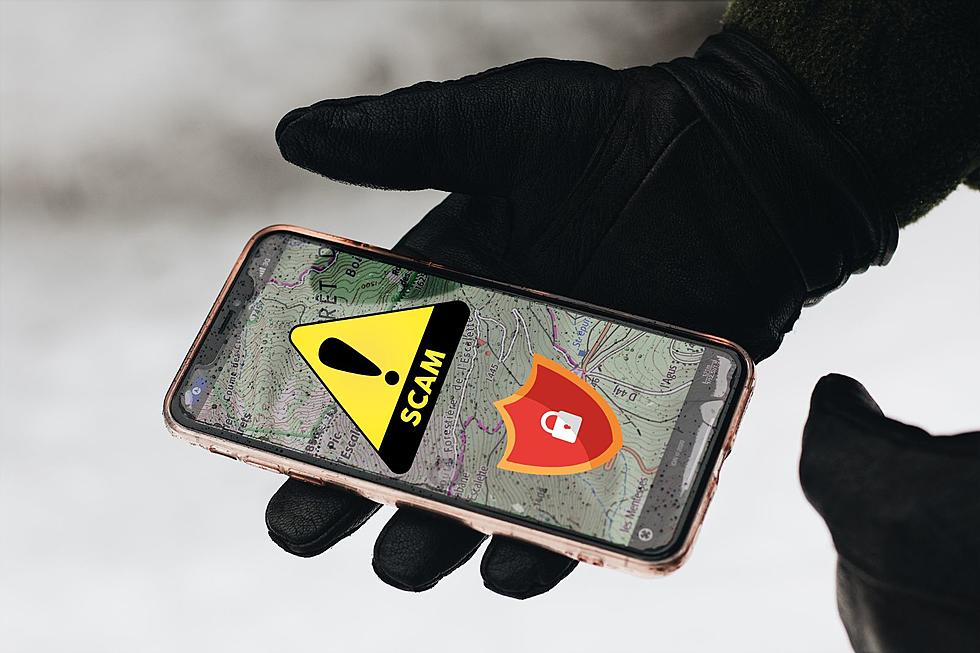
Has Living in a Pandemic Broken You Yet?
Close your eyes for just a second and think about your life two months ago.
- All off the places you wanted to go were open.
- The shelves at the grocery store were fully stocked.
- You left your house every day to go to work. At an office.
- Your kids left home to go to school every day. In a classroom. Where someone who actually knew what they were doing was teaching them.
- You got to hang out with your friends whenever and however you wanted, as often as you wanted.
- There were concerts and plays and ballgames and movies and parties almost every weekend.
- You were bundling up to brave the chilly weather, not suiting up like you were about to perform heart surgery.
Boy those were the days huh? By no means perfect or stress-free but certainly much easier to navigate.
But now as you open your eyes onto the reality of this Coronavirus (COVID-19) world we've been thrust into, you start to wonder about what your limits are and when you will reach them.
The website Study Finds is reporting on a Kelton Global commissioned a survey of nearly 1,900 American adults who were asked one simple question:
When do you expect to reach your 'breaking point' in these days of social distancing?
No true definition of what 'breaking point' means, just that whatever it is for each one of us and how much longer can we hold out before we get there.
It didn't take long for some of us to go over the edge. By the end of the first week in April, 16 percent of those surveyed said they had had enough.
Two weeks later that number was up to one-in-four of us tired of the loneliness, the bickering, and the anxiety of maintaining healthy habits.
So what happens to those 'breaking point' numbers if we're forced to stay at home much longer?
The survey says 72 percent of us will 'lose it' if we're still hunkered down by mid-June.
And in this world where it's nearly impossible to get everyone to agree on something, a full 100 percent of those surveyed say they would 'snap' in were still doing this in six months.
Not surprisingly, the younger you are the bigger the struggle.
More than a third of young adults (ages 18-24) say they're over all of this already compared to a little more than 20 of people their parents' age.
KEEP READING: Scroll to see what the big headlines were the year you were born
More From KYBB-FM / B102.7









